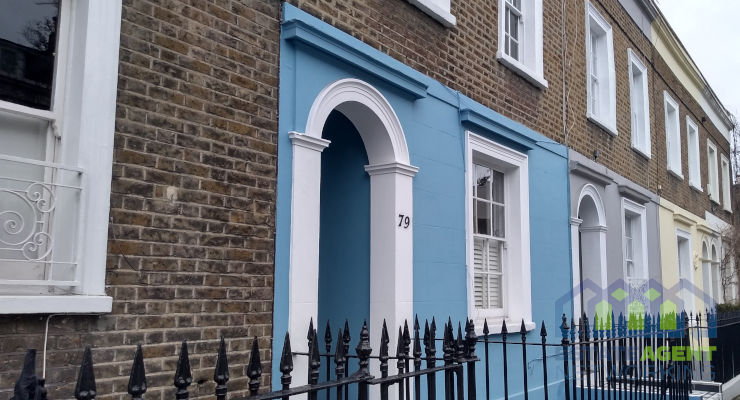Getting Your Home Ready for Rental
Has a change in circumstances led you to consider letting out your home? As many as one in five landlords in the UK are thought to be ‘accidental landlords’. You might move in with a partner or relocate to a new part of the country without knowing if you intend to settle there permanently. Others become landlords when they struggle to sell their homes in time to facilitate a move. Naturally, for those who haven’t let out a home before, there’s a fair amount to consider. Today we’re guiding you through the basics of getting your home ready for rental.
Clear it out
Whether you intend to offer your property to let on a furnished or unfurnished basis, there will likely be some clearing out to do. If you’d prefer not to leave any of your own stuff – either because you need it or don’t want to risk damage, it may still be worth your while letting it furnished. This is because the increased yield has the potential to offset the investment funds required for essential furniture. Research carried out last year suggests that furnished flats can command up to 21% more rent than their unfurnished counterparts.
You’ll also want to take into account demand for both types of lets in your area. Don’t leave any sentimental furniture in the property that would cause you heartache if broken. Similarly, think about removing items that may not be to everyone’s taste or pieces that are unlikely to stand wear and tear. As part of the clearing out process, neutralising the property’s decor is a smart move. Think about changing up wall colours to give potential letters more of a blank canvas.
Get the basics right
To get the basics right start where your viewers will start – the outside. Fix any broken fencing, make sure gates are in good repair, trim the garden edges and update any tired exterior paint. Next, think about the main areas and the facilities and the quality of finish in the space. This means getting the important rooms like the kitchen and the bathroom just right.
Is the boiler in good condition? Has it been recently serviced? You’ll need a gas certificate and energy performance certificate even if you are letting out your home rather than selling. Is the bathroom looking its best? If it needs updating, think about creating a space with a quality finish that will also wear well. For example, a stylish steel bath is known to be hard wearing. When you update areas for potential tenants, think about qualities as well as aesthetics. Give your kitchen the same treatment – are cupboards in good repair? Is there a leaky sink that needs to be sorted? Make all minor repairs in advance of putting your home on the rental market.
When all is done with the décor, put time and money into a deep clean. This will ensure your property makes a good impression with viewers.
Sort the legal stuff
If your home is mortgaged, you’ll need to check with your lender if you can let your property out. Sometimes, it’s possible to let your home under your current mortgage provided it is only for a short term of a few years or less. The idea being that if you are struggling to sell your home or want to test out living in a new area, you have a bit of wiggle room. However, you won’t be able to let your property out under an owner mortgage long term and may need to investigate a change of mortgage as a result.
Getting insurance right is also important. You are unlikely to protect your home with homeowners insurance as this often invalidates when homes are rented out. Instead, you should secure landlord insurance and check out features such as rental income protection. Finally, if your property is freehold, you’ll need to let the freehold owner know about the change in occupancy. When all is done and dusted and you move out, don’t forget to inform the council and utilities of dates of transfer and new occupants for future bills.
Find a reliable letting agent
Do you know if you’d like to manage the let yourself or hire an agent to do so for you? Ultimately, this decision is likely to come down to how available you are to deal with any problems versus the money you would save by doing it yourself. If you’re going to live away from the property it can be very convenient to have an agent near your rental home to deal with any issues.
However, you can opt to do what many landlords do which is a bit of a halfway house, so to speak. They will appoint a reliable local agent to advertise, vet and sign up tenants but manage the let themselves. Showing a property can be a considerable time investment, which can complicate things if you’re in the process of settling elsewhere yourself. Be sure to check that your tenant’s deposit is placed in protection via a Tenancy Deposit Scheme.
Have you been an accidental landlord in the past? How did you find the experience? Are there any tips you’d pass to others who find themselves in the same position?









